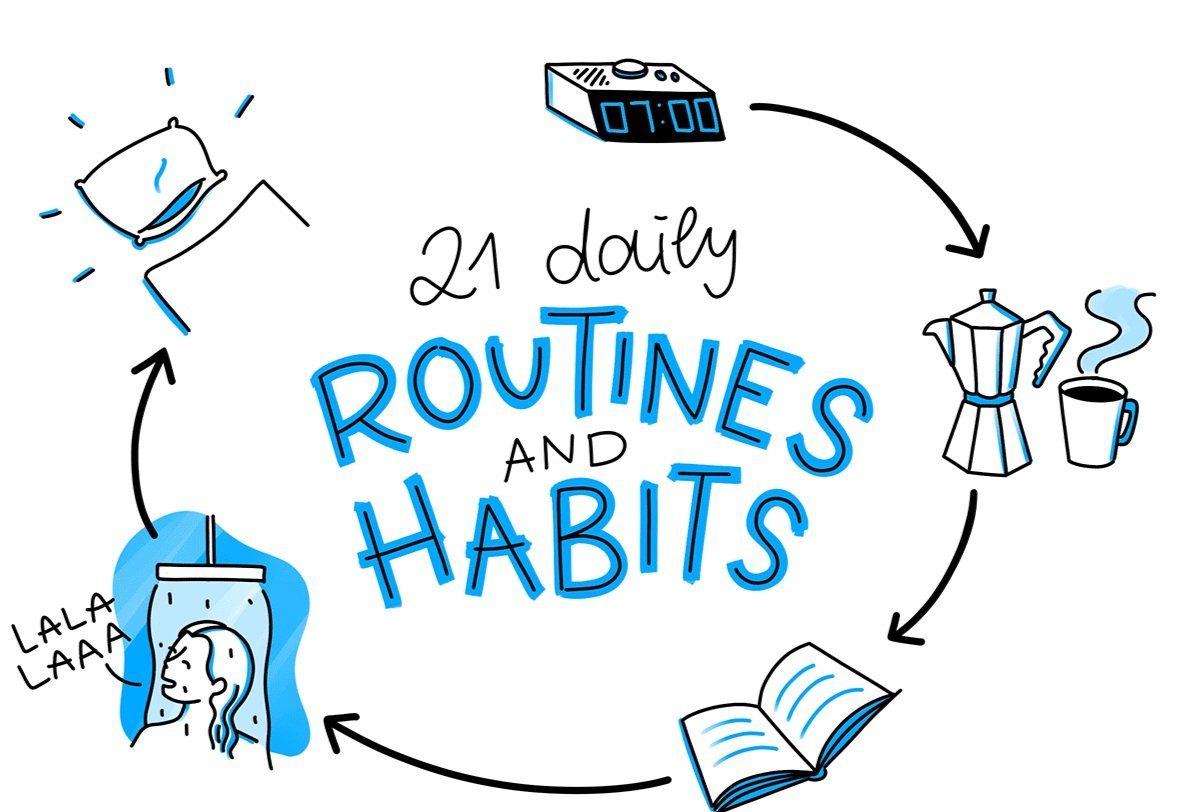Unveiling the Depths of the Mind: The Fascinating World of Dream Analysis
Dreams have long captivated and puzzled humankind. They offer glimpses into a realm where reality intertwines with imagination, where our deepest fears, desires, and emotions manifest in surreal and sometimes bewildering forms. Throughout history, societies and cultures have assigned great significance to dreams, recognizing their potential for unlocking hidden truths and guiding individuals on their journey of self-discovery. Dream analysis, a field that seeks to interpret the symbolism and meaning behind dreams, offers a fascinating lens into the workings of the subconscious mind. In this blog post, we delve into the world of dream analysis, exploring its origins, methodologies, and the potential insights it can offer.
The Origins of Dream Analysis
Dream analysis finds its roots in ancient civilizations, with practices and beliefs associated with dreams dating back thousands of years. Among the earliest recorded instances of dream interpretation is found in ancient Mesopotamia, where dreams were considered messages from the divine realm. The Egyptians, too, placed great emphasis on dreams, viewing them as conduits between the earthly and spiritual realms. As time progressed, cultures such as the Greeks and Romans developed complex theories around dreams, associating them with prophecy, psychological states, and even as the means of divine communication.
The Pioneers of Dream Analysis
Sigmund Freud, the renowned Austrian psychoanalyst, is perhaps the most well-known figure associated with dream analysis. Freud's groundbreaking work on the interpretation of dreams in the late 19th century laid the foundation for modern dream analysis. He argued that dreams were the "royal road to the unconscious" and provided a means to access repressed thoughts, desires, and unresolved conflicts. Freud's theories, such as the symbolism of dreams and the distinction between manifest and latent content, continue to influence dream analysis today.
Carl Jung, a Swiss psychiatrist and contemporary of Freud, developed his own approach to dream analysis. Jung emphasized the collective unconscious, a repository of shared archetypal symbols and motifs that shape our dreams. He believed that dreams contained valuable insights into an individual's personal and collective unconscious, providing a pathway to self-realization and wholeness.
Methods of Dream Analysis
Various methodologies exist within the realm of dream analysis, each with its own unique approach. Some common methods include:
Symbolic Interpretation: Dreams often utilize symbols to convey meaning. Analyzing the symbolic elements within a dream can uncover hidden emotions, desires, and fears. For example, dreaming of water may represent one's emotional state, while dreaming of a bridge might symbolize a transitional phase in life.
Personal Associations: Exploring personal associations and connections to dream imagery can shed light on individual interpretations. A particular object or person in a dream may hold personal significance that only the dreamer can uncover.
Narrative Analysis: Examining the overall narrative structure of a dream can reveal underlying themes and patterns. Identifying recurring motifs or settings may provide insights into ongoing challenges or recurring emotions.
Benefits and Insights
Dream analysis can offer numerous benefits and insights for those willing to explore their dreams. It can provide a deeper understanding of one's unconscious mind, bringing awareness to suppressed emotions, unresolved conflicts, and unexpressed desires. Engaging in dream analysis can also facilitate personal growth, self-reflection, and creative inspiration. By decoding the symbolism and narratives within dreams, individuals can gain valuable insights into their lives, relationships, and personal journeys.
Dream analysis remains a captivating field that continues to intrigue and inspire. Whether one chooses to explore dreams through the lens of psychological theories or more spiritually oriented practices, the study of dreams offers a pathway to self-discovery and a deeper understanding of the human psyche. While the interpretation of dreams may not provide definitive answers, it undoubtedly enriches.
Daily Habits
Establish Routines
Start off with ones you can stick with! The ones that get you out the door should remain consistent from one day to the next. This will reduce morning stress. Stress can be even further reduced by setting up morning actives the night before. Putting your clothes and lunch out or setting up your coffee can minimize morning confusion and maximize ease. Signing time limits for each task can be especially helpful. Alarms can be particular helpful in this arena, especially when it supports positive self-referencing behavior such as 5 minutes to get dressed, 5 minutes to brush teeth and hair, 20 minutes for breakfast, 5 minutes to gather things, and put on shoes.
Homeward Bound
After work, allow yourself to decompress for 30-45 minutes and then it’s time to get down to some task. It can help to plan a fun activity to do once work is completed. This will help you work steadily and with motivation to complete the tasks at hand and support feeling relaxed for the rest of the evening.
Lists
Use a checklist to write down all the tasks due the next day. Cross off each one as it is completed to gain a sense of triumph and forward momentum. Use another checklist to keep track of upcoming assignments, events, and activities for the month. Color-coding can be helpful in tacking short, medium and long term tasks as visual aids can be incredible helpful for the ADHD brain.
Slow-Down to Speed Up
Losing motivation? Set a timer and let yourself work against the timer. This also sets a finite amount of time to an assignment that you can feel like will ‘never end!’
It’s in the doing that things are done
By engaging in the same strategies consistently we strength them into habits and in doing so free ourselves. No longer having to think about it — you just do it!
When we start/stop routines it can make habit forming difficult but also ungrounded. Setting up a different routine for the weekend or time off work is great, but otherwise sticking to the routine is key!




